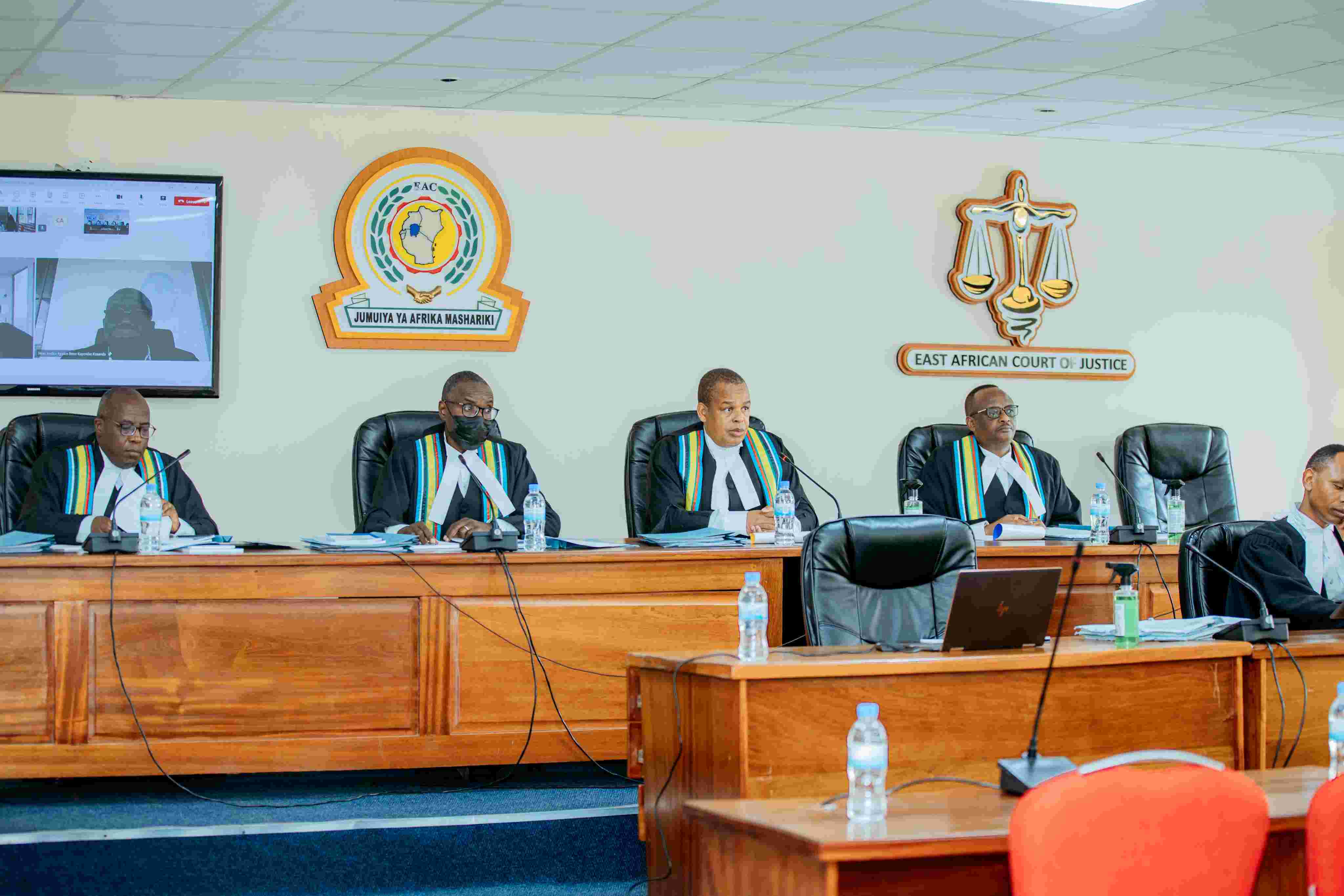KRA urged to clarify tax payment process after Finance Act 2023 ruling

FKE raised concerns that taxpayers, including its members, cannot make tax payments as required due to KRA's delay in updating its systems to reflect the court's ruling which declared the Finance Act, 2023 unconstitutional.
The Federation of Kenya Employers (FKE) has requested an “urgent clarification” from the Kenya Revenue Authority (KRA) regarding the status of July tax payments following a Court of Appeal ruling that declared the Finance Act, 2023 unconstitutional.
In a letter addressed to KRA Commissioner General Humphrey Wattanga, FKE raised concerns that taxpayers, including its members, cannot make tax payments as required due to KRA's delay in updating its systems to reflect the court's ruling.
More To Read
- Shrinking opportunities, growing skills gap: What youths say they need to thrive
- Kenyans concerned over SHA premiums, confusion on dependents, and unclear Lipa Pole Pole model
- Youth redefine ‘good jobs’ amid rising unemployment, skills gaps and AI fears
- Employers raise alarm over Kenya’s shrinking investment appeal, job losses
- FKE warns of job losses as high taxes force business closures, urges relief in budget
- Employers’ federation faces criticism for delaying wage increase promised by President Ruto
“The Federation of Kenya Employers (FKE) regrets that our members and indeed all taxpayers in Kenya are unable to remit taxes in accordance with the Judgment for reasons that the Kenya Revenue Authority (KRA) has not yet configured its systems to comply with the court of appeal Judgment,” FKE Executive Director and CEO Jacqueline Mugo said.
“The purpose of this open letter is to ask KRA to urgently clarify to employers and all taxpayers in Kenya how they should pay their taxes in view of the Court of Appeal Judgment.”
According to FKE, August 9, 2024, was the last day to remit the July 2024 taxes.
Penalties
Mugo noted that members may face penalties if KRA does not immediately address the concern.
On July 31, 2024, the Court of Appeal ruled the Finance Act, 2023 is unconstitutional, citing fundamental flaws in its enactment process.
Judges Kathurima M'Inoti, Agnes Kalekye Murgo and John Mativo, noted that the court found that the enactment of the Finance Act, 2023 breached several constitutional provisions.
Specifically, the process violated Articles 220(1)(a) and 221 of the Constitution, as well as sections 37, 39A, and 40 of the Public Finance Management Act (PFMA), which outlines the budget-making process.
As a result, the judges ruled that the failure to comply with these constitutional and statutory requirements rendered the entire Act unconstitutional and void from the outset.
“We uphold the finding by the High Court that concurrence of both houses in the enactment of the Finance Act, 2023 was not a requirement under Article 114. Having found that the process leading to the enactment of the Finance Act, 2023 was fundamentally flawed and in violation of the Constitution, sections 30 to 38, 52 to 63 and 23 to 59 of the Finance Act, 2023 stand equally vitiated and therefore unconstitutional,” read the judgement.
The judges noted that the issues addressed in the appeals were of significant public interest and thus did not award costs.
However, the court rejected a request for a refund of taxes collected under the Act, on the grounds that it was not included in the original petition before the High Court and that legislative acts are presumed constitutional until proven otherwise.
Top Stories Today
Reader Comments
Trending















































